My Notable Books of 2024
I read and re-read some wonderful books in 2024 - and hope they spark your interest too
Busy as I was finishing my own book I mainly devoured economic texts over the year.
First among these was Liliana Doganova’s brilliant, Discounting the Future: The. Ascendancy of a Political Technology which I referred to in this post: Capitalism’s Attack on Time and Nature.
I had encountered discounting in my work on sovereign debt cancellation way back in the 1990s. Creditors, especially official creditors (the IFIs) used the “seemingly mundane practice of discounting” to determine the ‘net present value’ of outstanding debt. This calculated an amount creditors were owed and expected to be compensated for, in the event of debt cancellation. Their projected inflation rates (improbably set over periods as long as 30 years) presumed high levels of compensation, when to my mind, creditors had to face reality, and as in most commercial bankruptcy cases, suck up the losses. Doganova has unearthed the origins of this practice, and its role in transforming capitalism’s relationship to time. A must-read.
Another important book published in 2024, is Ricardo’s Dream: How economists forgot the real world and led us astray - by Nat Dyer.
A timely and necessary takedown of an influential economist and self-made speculator who made a fortune by gambling on the outcome of the Battle of Waterloo. One who set the economics profession on a ’scientific’ road to nowhere while it greatly enriched his fellow financiers. Ricardo blocked discussions of power (politics) and history from both his and other efforts to build a “physics of society”: a field that was to become today’s mainstream economics. He and his followers - orthodox economists - deemed their attempts to “build a science of human behaviour without ideology or politics” as a noble enterprise. Their success in this “scientific” endeavour reached its apogee when Friedrich Hayek, one of the fathers of neoliberalism who arrived at the London School of Economics in 1931, and was quickly and surprisingly awarded the Tooke Chair of Economic Science and Statistics. (Ironic as Thomas Tooke was a monetary radical). Hayek’s appointment is one explanation for why we are where we are today…
Of important relevance to my new book were two by Martijn Konings. The first his own The Bailout State: Why Governments Rescue Banks an outline of the evolution of today’s bailout states
The second, The Asset Economy, co-authored with Lisa Adkins and Melinda Cooper on how “the changing role of assets has been responsible for the creation of a new logic of inequality in Anglo-capitalist societies.”
I found Brett Christophers book, The Price is Wrong: Why Capitalism Won’t Save the Planet….very useful in making sense of the global energy market.
I had one reservation, namely that Christophers does not tackle global markets for energy - markets like the Chicago Mercantile Exchange (CME) in which speculators play a big role in fixing energy prices….a major theme of my new book.
Another important read was Andreas Malm and Wim Carton’s, Overshoot: How the World Surrendered to Climate Breakdown.
I marvel at the scope of their research, and the depth of their insights into fossil capitalism. But also the lightness of their writing touch in dealing with the complexity of both fossil and financial capitalism. The state they write, indulges the global financial system, whose players run home to mummy and daddy when things go wrong. But argue the authors:
..this story of early twenty-first-century pre-climatic crises..does not quite correspond to asset stranding. Here the parent would rather chase the teenagers down as they deal in hard drugs: the crisis and the correction begin with the state intervening, sovereign and superego-like.
A roller-coaster of a read was Lionel Barber’s Gambling Man: The Wild Ride of Japan’s Masayoshi Son.
The writing is sharp and each brief chapter crisply to the point - as befits a writer that was for many years was editor of the Financial Times. It was also a book that convinced me the title of my new book - The Global Casino: How Wall St Gambles with People and Planet - is entirely appropriate. Please let me know what YOU think of it…
The books I re-read include
Stefan Eich’s The Currency of Politics: The Political Theory of Money from Aristotle to Keynes
Farrell and Newman’s Underground Empire: How America Weaponized the World Economy
Cheryl Payer’s Lent and Lost: Foreign Credit and Third World Development (formative for me back in the 1990s)
Amato and Fantacci’s excellent: Saving the Market from Capitalism
Rebecca Spang’s Stuff and Money in the Time of the French Revolution
J A Hobson’s Imperialism
Lastly, two books that brought me quiet joy: in particular James Rebanks’s The Place of Tides - in which he tells the story of a woman’s life protecting birds on an island off Norway’s northern shores. He does so with quiet respect and tenderness. I loved it.
Another was pure indulgence: J.L. Carr’s A Month in the Country - ‘a novel - a small tale, generally of love’. It read as a first-hand, convincing and moving autobiographical account of life in an English village immediately after the First World War. It was not that: to my surprise the book was written and published as recently as 1980.





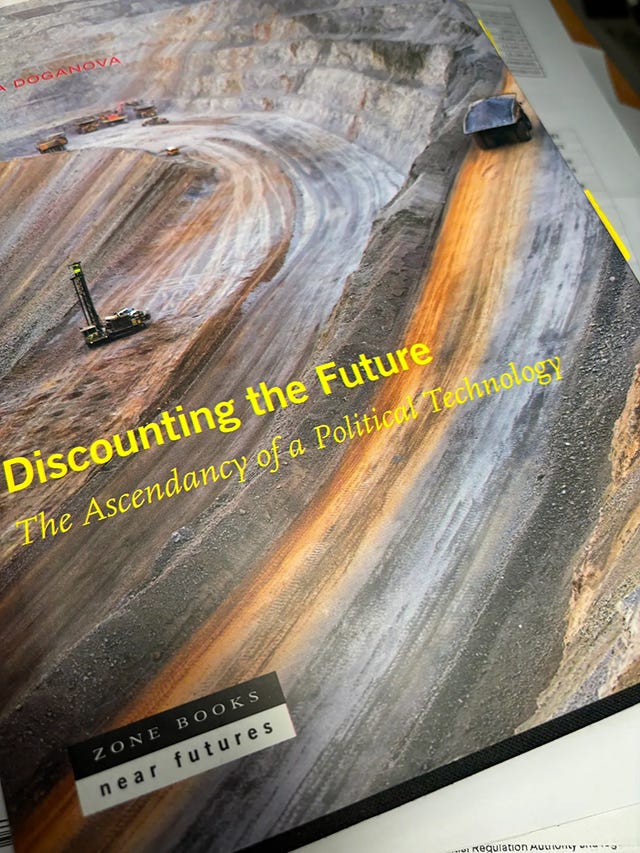
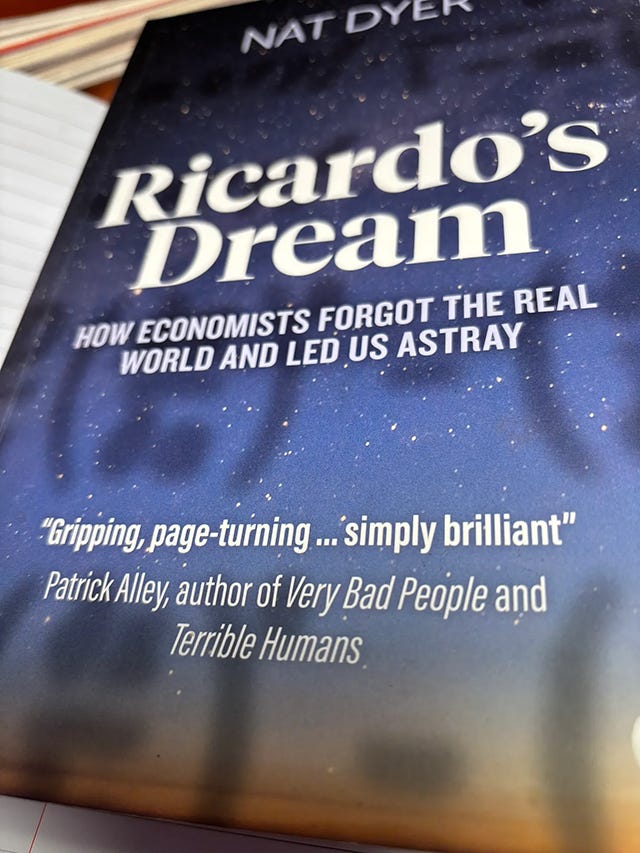
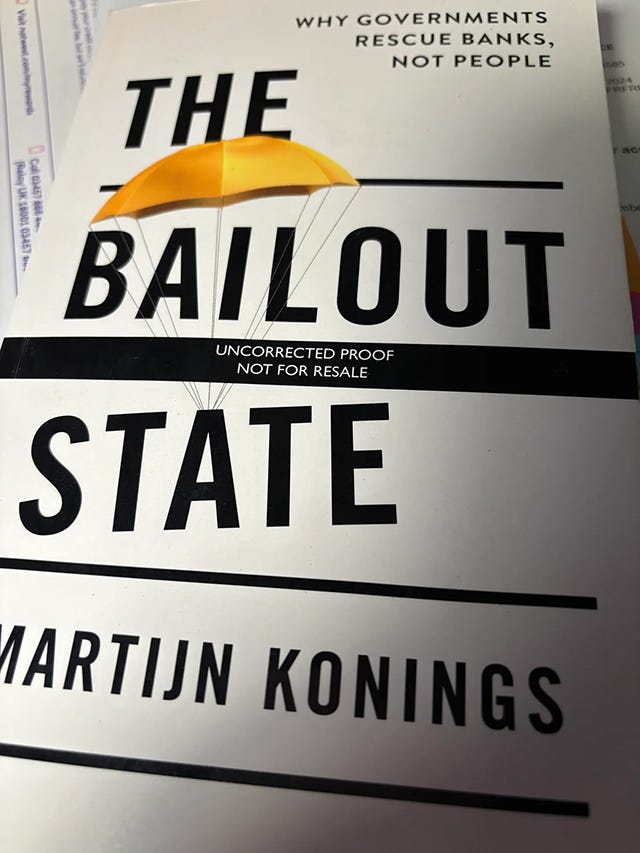
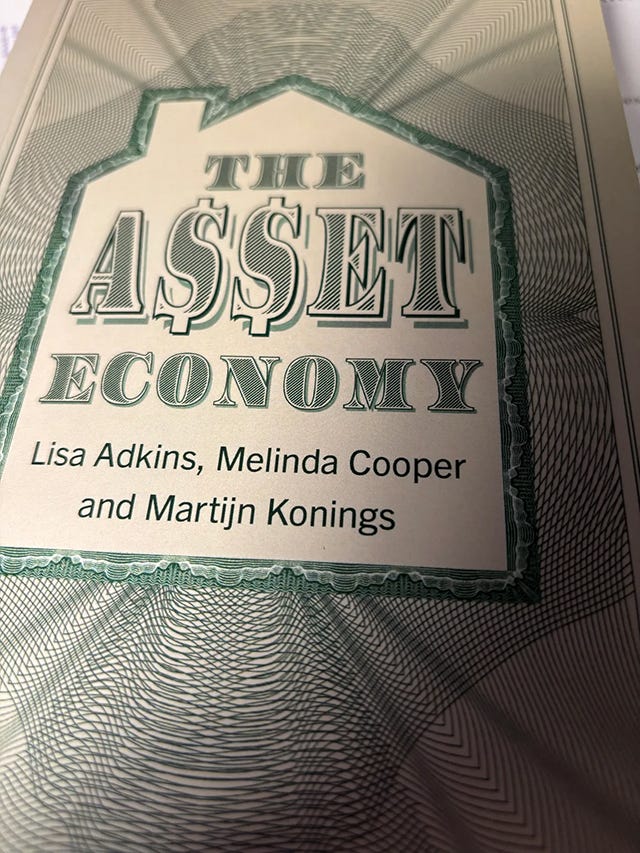
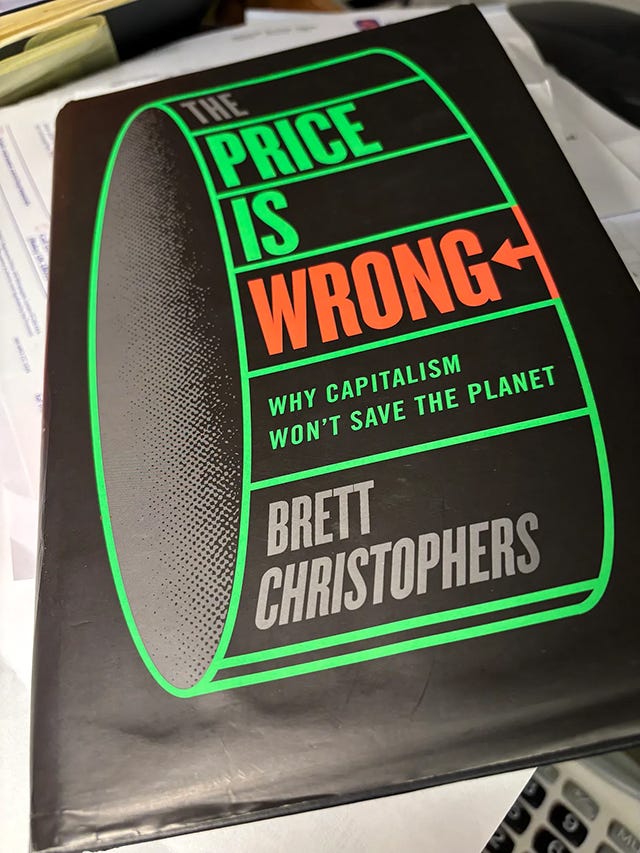
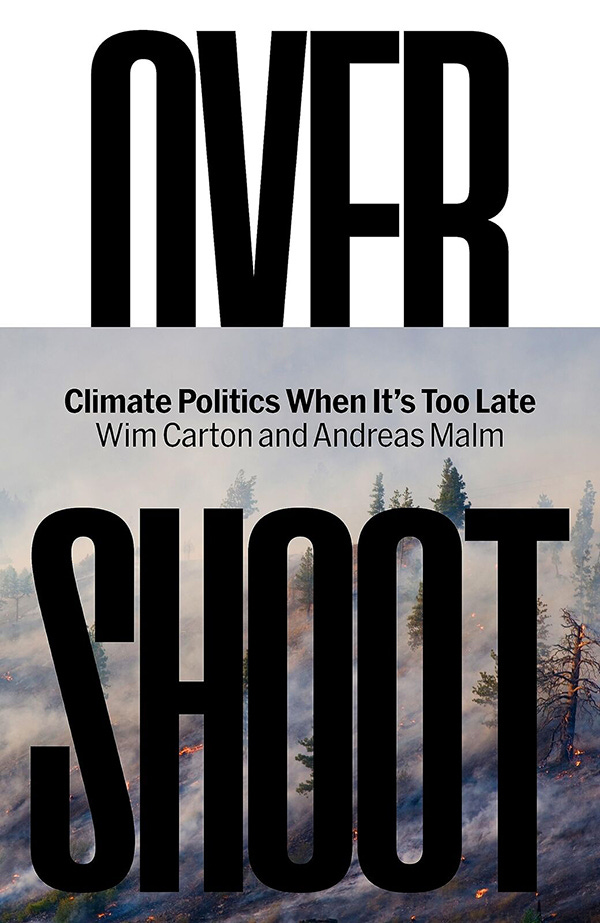
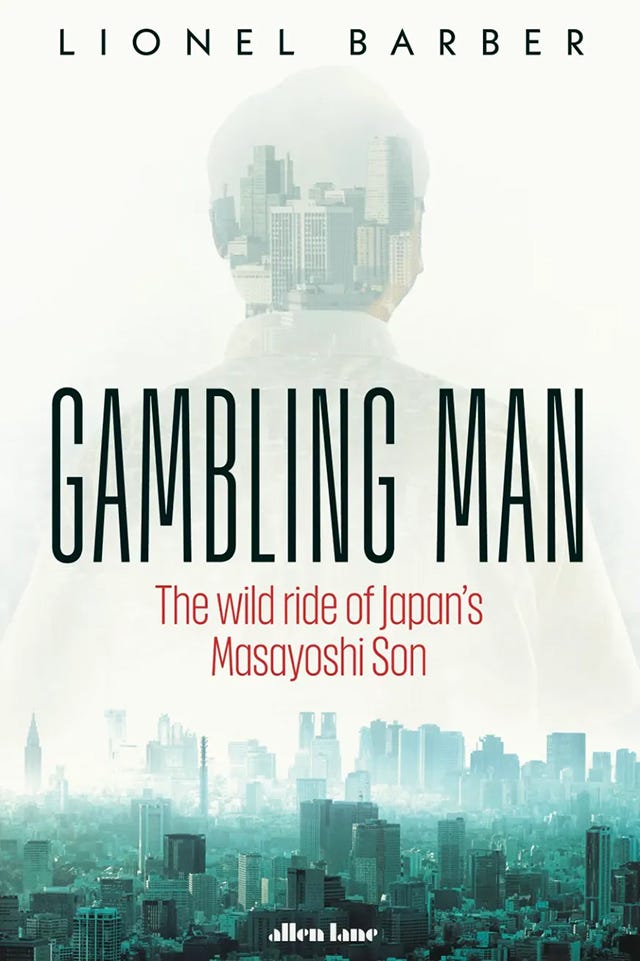
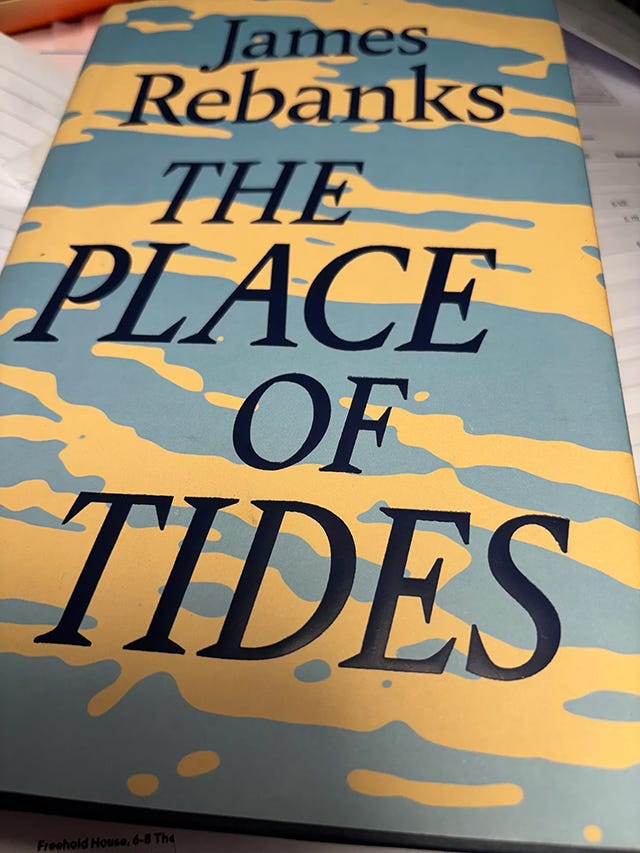

Many thanks Ann. Good luck with your new book, I'll be a reader shortly.
Thank you for the book suggestions, and I like the book title. Wall St is synonymous with financial markets.